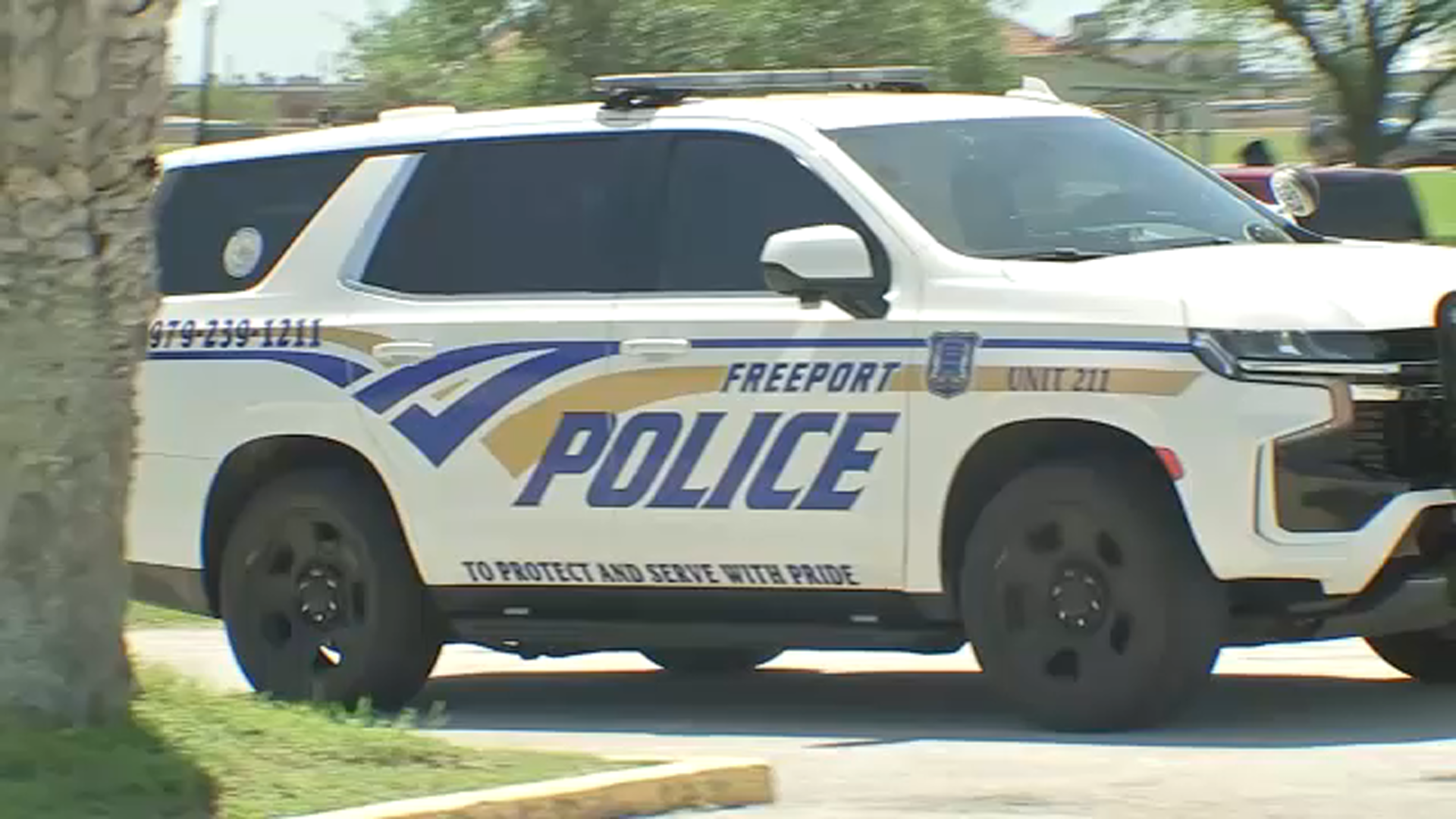84 election-related bills already filed for 2023 Texas legislative session

AUSTIN, Texas (KTRK) -- The 88th Texas Legislative Session begins next week, and among the issues likely to get attention during the session's 140 days are election access and integrity. This legislative session already has more than 1,000 bills to consider, and dozens of them directly relate to how, where, and when we vote.
Among the 84 election-related bills we found filed in the Texas House and Senate, the proposals run the gamut. They range from implementing electronic voter registration, to codifying polling places, locations, and times, regulating voting machine software, changing voter eligibility and ID requirements, increasing the punishment for illegal voting, and even changing the way in which we cast our ballots. State Rep. John Bucy, D-Cedar Park, filed some two dozen of them.
"What I'm trying to do is continue to fight to make elections as accessible to Texans as possible," Rep. Bucy told ABC13. "What I really want to see is us walk back some of the legislation that made it harder for people to participate and vote by mail."
State Sen. Paul Bettencourt, R-Houston, also filed multiple bills related to election security, as he did in the last session. This time, many of them focus on election-related issues in Harris County.
"In my mind, there will be multiple bills that come to the floor and have a vote," Bettencourt said. "There's no question that the impetus for a lot of these security increases are in Harris County. You can't have the nation's third-largest county not do their job."
But will any of these bills become law? Mark Jones is a political science fellow at the Baker Institute at Rice University. And despite no evidence of widespread election fraud, Jones sees the Republican majority catering to its base.
"We can divide this legislation into two blocks. One is Democrat legislation. The other is Republican legislation," Jones said. "I would expect one or more of the Republican items designed to increase security and reduce fraud to pass this session. On the other hand, I think it's unlikely that any of the Democratic bills designed to increase participation, whether it's no-excuse absentee voting or online registration or former felon voting, those are unlikely to pass."
Might any of them get bipartisan support enough to become law? Bucy is hopeful.
"I think one area where we could see some substantive changes in relation to elections is around individuals with disabilities," he said. "There's been some bipartisan support."
The session gets underway next week and runs through May.
SEE ALSO:
Houston lawmaker says there's bipartisan support for legalized gambling heading into 2023 session
Texas lawmaker files joint resolution to bar legislature from restricting abortion access further
Texas lawmakers target property taxes, election fraud and transgender people in new legislation
For updates on this story, follow Tom Abrahams on Facebook, Twitter and Instagram.











